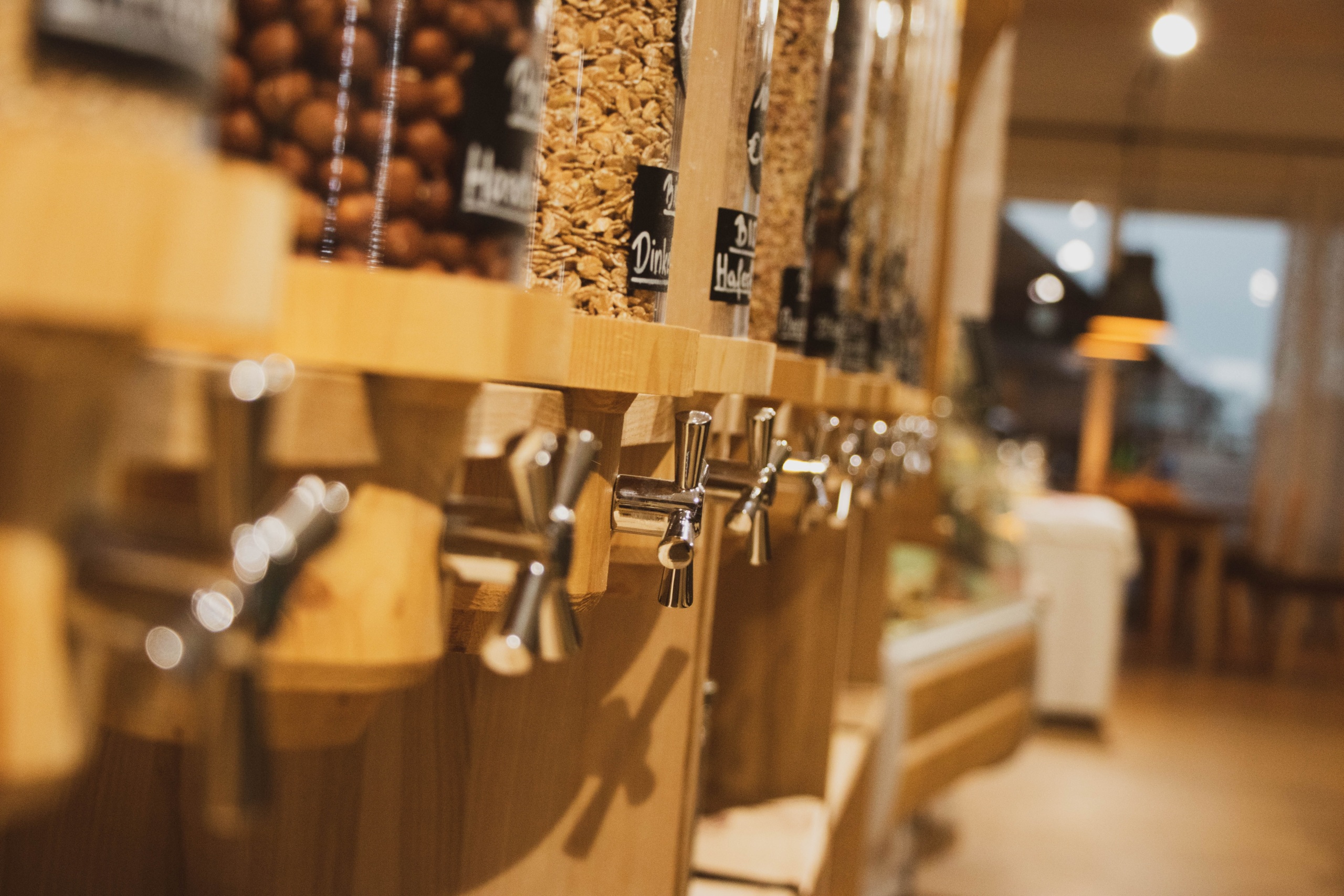
Ditch plastic packaging: Shop at your local refillery
A wave of new retail businesses are eliminating single-use plastic packaging entirely, showing us what a future with dramatically less plastic could look like.
To spare birds, fish and other wildlife from the harm caused by plastic pollution, we’re raising our voices for a world with less single-use plastic products.
Maybe you’ve seen the video of a sea turtle with a plastic straw stuck in its nose, or the headlines about whales washing ashore with stomachs full of plastic. With so much plastic pollution floating in the ocean, it’s too easy for wildlife to mistake it for food — and too often, they pay the price with their lives. The good news is that more people, communities, states and companies are moving away from the single-use plastics we don’t even need. Because after all, nothing we use for a few minutes should pollute our environment and threaten wildlife for hundreds of years.
A wave of new retail businesses are eliminating single-use plastic packaging entirely, showing us what a future with dramatically less plastic could look like.
Report ●
Tens of thousands of Americans call on the FTC to prohibit the use of the word "recyclable," the chasing arrows recycling symbol, or other statements that imply a product is recyclable on products that cannot be recycled.
We submitted more than 52,000 comments to the Federal Trade Commission, asking that the agency take the common sense set of prohibiting the use of the word "recyclable," the chasing arrows recycling symbol, or other statements that imply a product is recyclable unless the item is actually recyclable.
By making a gift to our Earth Day 2023 Drive, you’re standing up to protect our natural world, from the North American boreal forest all the way to a favorite forest closer to home. Will you join us?
The Interior Department can move faster on removing single-use plastic products from our national parks.
If a form of plastic isn't accepted by most community recycling programs, how can the plastics industry still claim it's “widely recyclable”?
